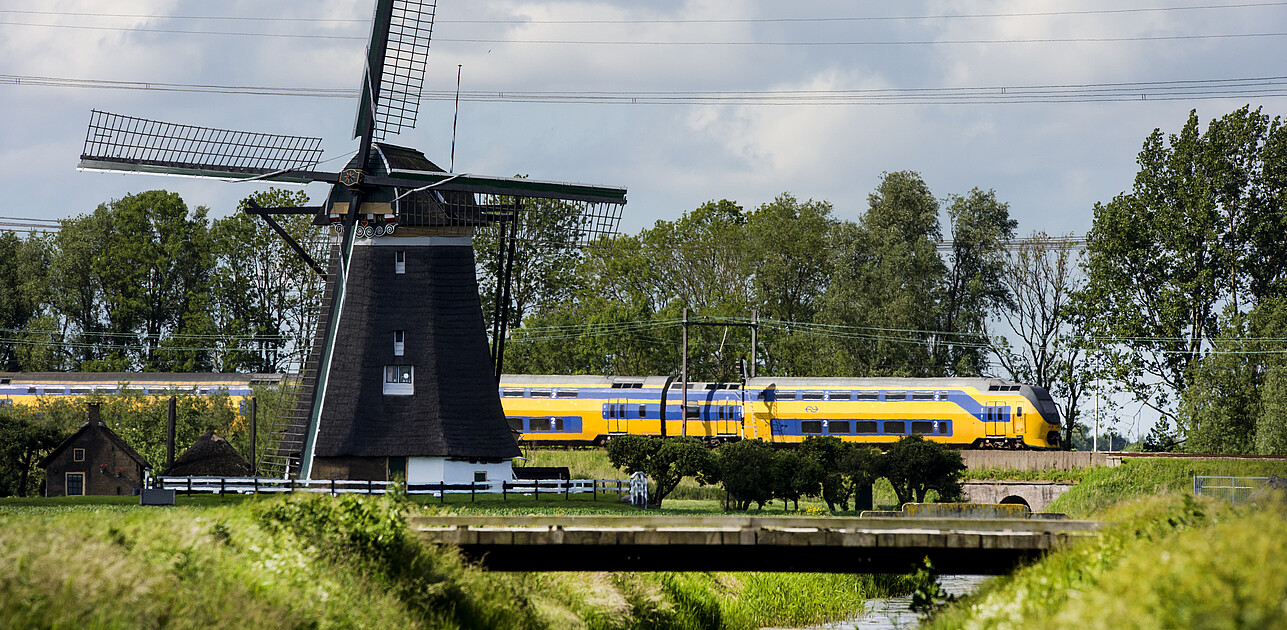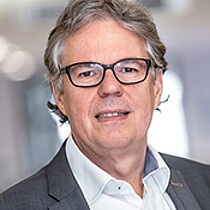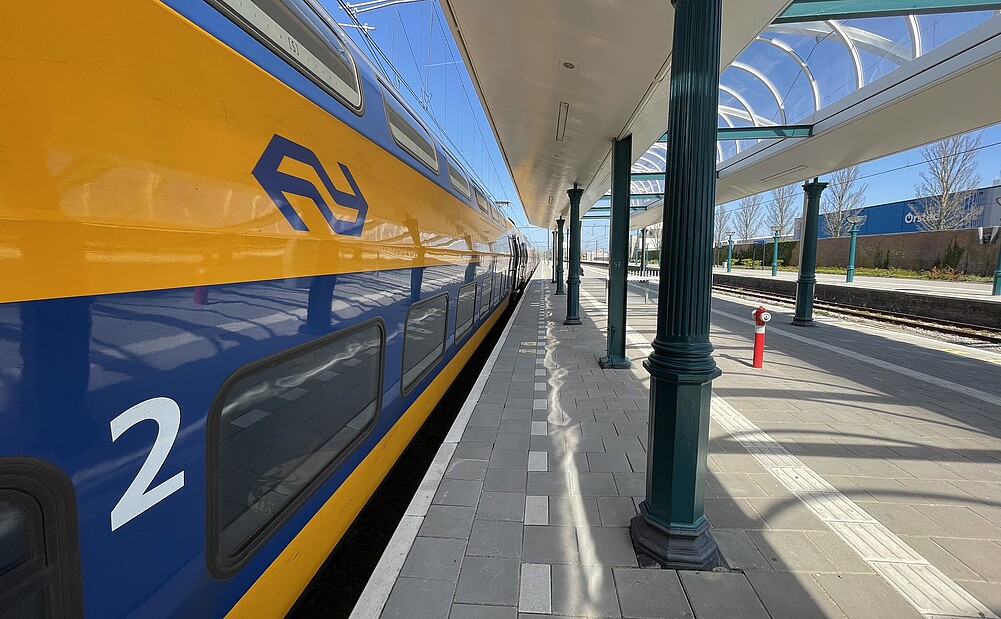

Article: Monday, 15 September 2025
Nederlandse Spoorwegen (NS) has an integrated value of €72.8 billion — 11.3 times its financial value of €6.4 billion. This means NS significantly outperforms all 23 AEX companies included in the earlier AEX Futureproof Index. This is evident from a new study by Rotterdam School of Management, Erasmus University and strategic agency ftrprf. The research was led by Professor Dirk Schoenmaker (RSM) and econometrician Wander Marijnissen (ftrprf) using the integrated value methodology developed by Schoenmaker and Professor Willem Schramade (Nyenrode). The research combines the financial, social, and ecological value of the companies into one number: integrated value. If a company makes an overall social contribution greater than the financial value, the professors say that company is futureproof.
The basis of the analysis: financial and sustainability reporting and additional source research. The major data and calculation operation results are included in the NS Futureproof Index Report published today.
The researchers have succeeded in calculating the social and ecological impact of NS into actual costs and benefits. They did so for a wide range of sub-areas that together determine the social impact of NS. In a sense, the researchers are thus answering the question: What is the social value of people being able to take the train to work? Or, what is the societal cost of train delays? This makes it possible to calculate the integrated value as the sum of financial, social, and ecological value. In addition, the relationship between social impact and financial value can be determined. This ratio – the Futureproofing Ratio – offers policymakers, companies, and investors insight into the futureproofness of the company. The greater the social value, the greater the long-term potential.
NS outperforms all analysed AEX companies with a Futureproofing Ratio of 11.3 (compared to #1 Philips at 4.7 and #23 ArcelorMittal at –12.0).
The large positive social value stems from social inclusion (access to work, school, and travel for people with disabilities), appreciation of houses, employee wellbeing and consumer wellbeing, and the productive use of travel time.
Delays cost society €6.8 bn – but for comparison: the cost of delays per kilometre travelled is twice as high for car traffic.
Since 2017, NS has been running its trains on 100% renewable electricity and aims to be completely fossil-free by 2040.
A well-funded NS is vital for the Netherlands. Focusing only on NS’s financial losses risks undermining a vital public service. NS creates tremendous value by transporting people and improving accessibility - at much lower emissions than cars. Recent experiences in England show what happens when railways are chronically underfunded: higher fares, declining service quality, and worsening accessibility.
Fellow researcher Dirk Schoenmaker (professor of Banking and Finance)
While the public debate mainly gets stuck on financial deficits, our analysis shows that the societal value of NS is in fact enormous. From social inclusion to climate benefits: rail transport delivers far more to society than it costs. We must cherish and further build on that value.
Wander Marijnissen (econometrician)

Strategist at ftrprf



Science Communication and Media Officer
Rotterdam School of Management, Erasmus University (RSM) is one of Europe’s top-ranked business schools. RSM provides ground-breaking research and education furthering excellence in all aspects of management and is based in the international port city of Rotterdam – a vital nexus of business, logistics and trade. RSM’s primary focus is on developing business leaders with international careers who can become a force for positive change by carrying their innovative mindset into a sustainable future. Our first-class range of bachelor, master, MBA, PhD and executive programmes encourage them to become to become critical, creative, caring and collaborative thinkers and doers.
